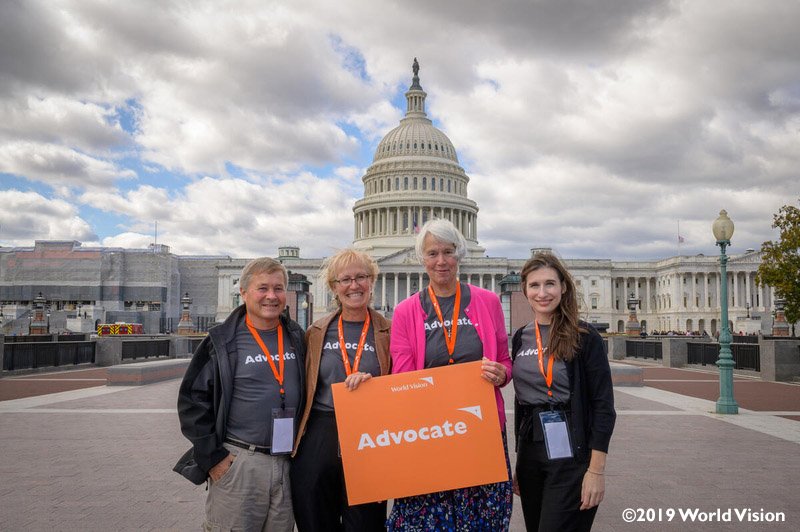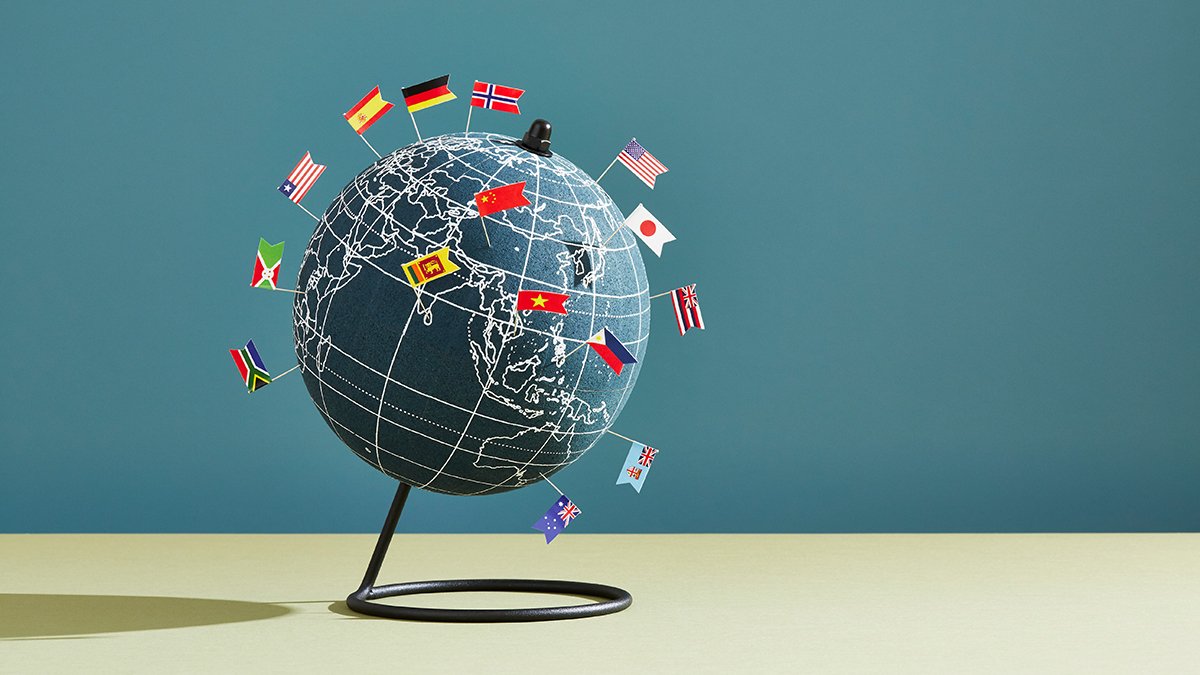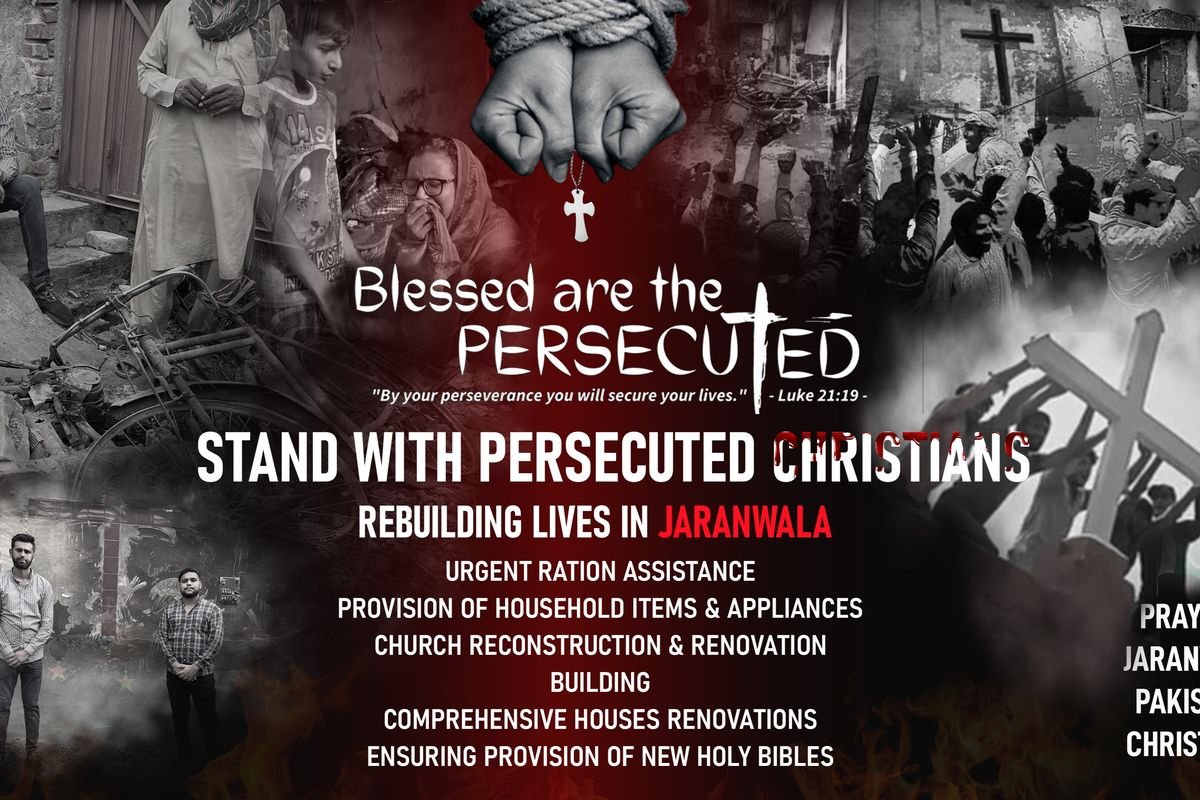Christian persecution is a deeply rooted global issue affecting millions of believers across various regions. According to reports by organizations such as Open Doors, over 360 million Christians live in areas where they face significant persecution. This persecution ranges from social exclusion and discrimination to brutal violence, imprisonment, and even death. Regions like the Middle East, parts of Africa, and Asia are hotspots for such oppression. In countries like North Korea, Afghanistan, and Somalia, Persecuted Christians are forced to practice their faith in secrecy due to the extreme risks involved.
The Power of Storytelling in Raising Awareness
In the digital age, social media platforms have become vital channels for these stories. Survivors of persecution, as well as their advocates, use these platforms to disseminate narratives that reveal the extent of the suffering and the resilience of those who endure it. These stories often go viral, spreading awareness rapidly across the globe. For example, stories of individuals who have escaped from persecution in countries like Iran or North Korea often receive widespread attention, highlighting the human cost of religious repression.
Beyond social media, documentaries and films also play a crucial role. Productions such as “The Insanity of God” and “Tortured for Christ” offer a window into the lives of those who suffer for their faith, effectively engaging a global audience. These visual stories not only inform but also evoke emotional responses that can inspire action and support.
The Crucial Role of Christian Advocacy Organizations
Christian Ministries advocacy organizations are at the forefront of the fight against religious persecution. Groups like Open Doors, the Barnabas Fund, and Voice of the Martyrs are instrumental in documenting cases of persecution, providing aid, and lobbying for change at both national and international levels.
These organizations perform several key functions:

World Vision’s Advocacy team hosted its first-ever Advocacy Camp, where members of the Volunteer Advocate Community got together in Washington, DC to learn, be inspired, and advocate face to face with members of Congress. The members of the Volunteer Advocate Community posed for group photos in front of the Capitol Building before heading to their meetings.
- Documentation and Reporting: These groups compile detailed reports on the state of Christian persecution worldwide. For example, the World Watch List by Open Doors ranks countries based on the severity of persecution faced by Christians, serving as a critical resource for policymakers, human rights organizations, and the media.
- Humanitarian Aid: Christian advocacy organizations provide essential support to persecuted Christians, including food, shelter, medical care, and legal assistance. In regions like the Middle East, where Christians are displaced due to conflict, these organizations are often the primary providers of aid.
- Lobbying and Policy Advocacy: These organizations work tirelessly to influence government policies. By engaging with bodies like the United Nations, the European Union, and the U.S. Congress, they push for the adoption of measures that protect religious freedom and hold persecuting regimes accountable. Their efforts have led to significant policy changes, including the imposition of sanctions on countries that violate religious freedoms.
Building Alliances and Coalitions for Greater Impact
In recent years, persecuted Christians have increasingly sought to build alliances with other religious and minority groups that face similar threats. These coalitions are essential in amplifying their voices and increasing their influence on a global scale.
- Collaborative Advocacy: Joint advocacy campaigns have been particularly effective in addressing issues like forced conversions and discriminatory laws. In India, for instance, Christian and Muslim communities have worked together to combat the rise of religiously motivated violence and to challenge laws that restrict religious freedom.
- Global Networks: International networks, such as the International Religious Freedom Roundtable, bring together religious leaders, human rights organizations, and policymakers to advocate for religious freedom. These networks facilitate dialogue and cooperation across different faiths and cultures, creating a more coordinated and effective response to religious persecution.
- Humanitarian Cooperation: In conflict zones, Christian and Muslim organizations often collaborate on humanitarian initiatives. In the Middle East, for example, these groups work together to provide aid to refugees fleeing persecution. This cooperation not only addresses immediate needs but also fosters peace and understanding between communities that might otherwise be divided by religious differences.
The Impact of Global Awareness and International Pressure
The growing global awareness of Christian persecution, largely driven by effective advocacy and storytelling, has led to significant changes in international policies and public opinion. Governments and international organizations are increasingly compelled to take action as the plight of persecuted Christians gains more visibility.

- International Resolutions: Bodies like the United Nations have passed resolutions condemning religious persecution and calling for the protection of religious minorities. Although these resolutions are often non-binding, they carry significant moral authority and can influence international norms and standards.
- Increased Humanitarian Aid: Heightened awareness has also led to an increase in humanitarian aid directed toward persecuted Christian communities. Governments and NGOs have intensified their efforts to provide relief to those affected by religious persecution, particularly in conflict zones such as Syria, Iraq, and Nigeria. This aid includes both emergency relief and long-term support, helping communities to rebuild and recover from the impacts of violence and displacement.
- Corporate Responsibility: The pressure to address religious persecution has also extended to the corporate world. Advocacy groups have successfully lobbied multinational companies to ensure that their operations do not contribute to religious repression. This has led to greater corporate accountability and the promotion of human rights in global business practices.
The Resilience and Faith of Persecuted Christians
Despite the immense challenges they face, persecuted Christians often display remarkable resilience. Their faith is a crucial source of strength, enabling them to endure persecution and continue advocating for their rights.
- Spiritual Resilience: For many persecuted Christians, their faith provides a sense of purpose and hope that sustains them through suffering. The stories of martyrs and saints who endured persecution before them serve as powerful examples, inspiring them to remain steadfast in their beliefs. This spiritual resilience is a testament to the power of faith in the face of adversity.
- Prayer and Community Support: Prayer is a central aspect of how persecuted Christians cope with their struggles. It not only offers comfort but also serves as a form of resistance against oppression. Many persecuted Christians participate in global prayer networks, such as the International Day of Prayer for the Persecuted Church, which unite believers worldwide in solidarity and support.
- Endurance and Advocacy: The resilience of persecuted Christians is also reflected in their unwavering commitment to advocacy. Despite the risks involved, many continue to speak out against persecution, share their stories, and push for change. Their courage in the face of danger is a powerful reminder of the importance of religious freedom and the need to protect it.
Conclusion
The persecution of Christians remains a severe and widespread issue, but the effectiveness of their advocacy is growing. Through the power of storytelling, the support of dedicated advocacy organizations, and the building of global coalitions, persecuted Christians have succeeded in raising global awareness and influencing international policy. Their resilience, grounded in deep faith, allows them to endure and continue fighting for religious freedom despite overwhelming challenges.
The international community has begun to respond, with sanctions, resolutions, and increased humanitarian aid offering some relief. However, the battle is far from over. The rise of authoritarianism and religious nationalism presents new challenges that require continued vigilance and advocacy. Nevertheless, the persistent efforts of persecuted Christians and their allies offer hope for a future where religious freedom is universally recognized and protected.
Last modified: October 11, 2024







[…] For more more information, please visit #grace united church #apostasy in Pakistan #small group bible studies #church donations online #bread church donate #christian education #online church services #persecuted christians […]
[…] For more information, please visit #grace united church #apostasy in Pakistan #baby dedication #small group bible studies #church donations online #bread church donate #christian education #online church services #ucc #persecuted christians […]
[…] #church donations online #bread church donate #christian education #online church services #persecuted christians […]